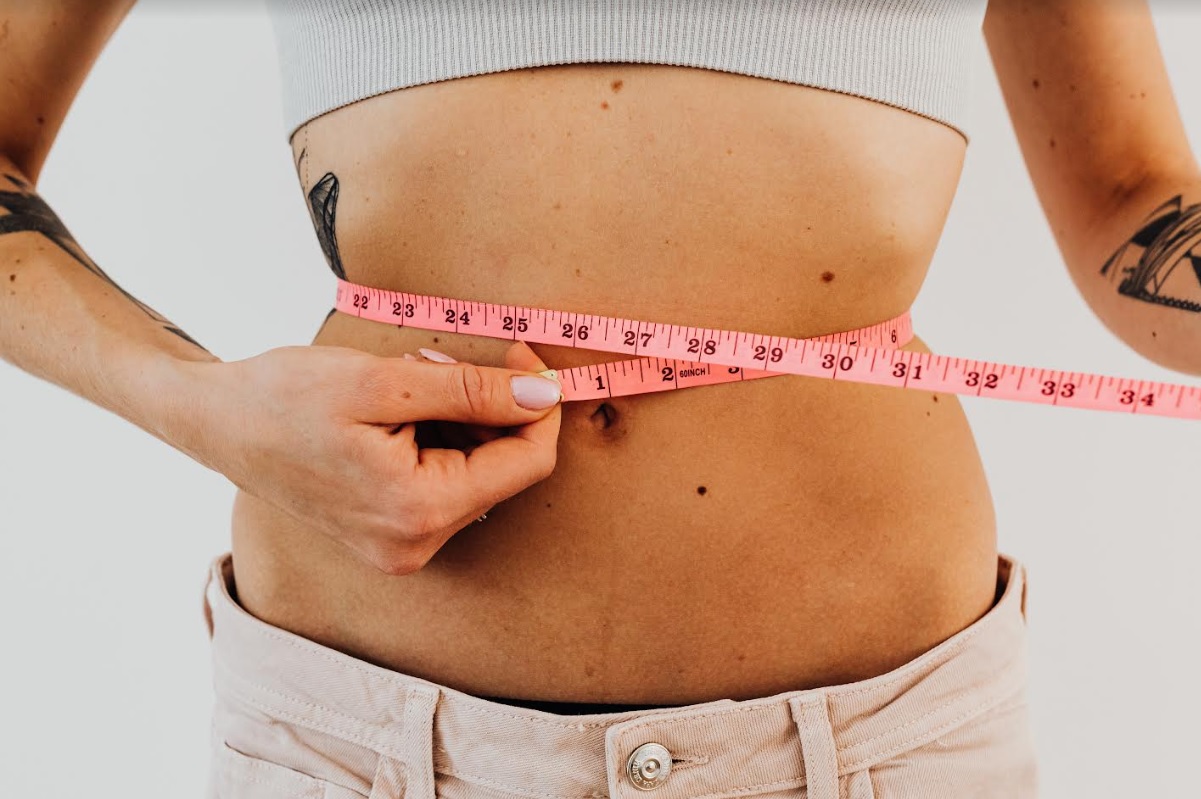Bariatric surgery, commonly called weight-loss surgery, is a profound choice with the potential to revolutionize an individual’s life. The journey extends beyond the procedure, encompassing a dedication to a revitalized lifestyle and the crucial preparations preceding the surgery.
With obesity affecting 30.7% of the American population, the rising popularity of bariatric procedures is hardly surprising. For those contemplating this transformative step, understanding the expectations and preparation process is paramount.
Pre-Surgery Consultations and Evaluations
Before undergoing weight-loss surgery, you’ll have several consultations with your surgeon and other medical professionals. These meetings are crucial to determining if you’re a suitable candidate for the procedure. Different evaluations might take place depending on the surgery type.
Vertical sleeve gastrectomy
For those planning to undergo a vertical sleeve gastrectomy, where a significant portion of the stomach is removed, evaluations focus on the stomach and surrounding areas.
This might involve gastrointestinal evaluations to check for potential issues in the stomach and esophagus and imaging tests to determine the stomach’s size and shape. In addition, the evaluation involves nutritional assessments to ensure patients can meet their post-surgery nutritional needs and psychological evaluations to prepare patients for significant lifestyle changes.
Gastric Bypass (Roux-en-Y)
For the gastric bypass procedure, where the stomach is divided into a small upper pouch and a larger lower pouch, with the small intestine rearranged to connect to both, evaluations might include:
- Digestive system assessment. To ensure that the small intestine is healthy and can be safely reconnected.
- Vitamin and mineral level checks. Since gastric bypass can affect nutrient absorption, it’s essential to assess current vitamin and mineral levels to address any deficiencies before surgery.
Laparoscopic Adjustable Gastric Banding (LAGB)
For this procedure, where an inflatable band is placed around the upper part of the stomach to create a small pouch, evaluations might focus on:
- Stomach wall assessment. To ensure that the stomach wall can safely accommodate the band.
- Dietary habits evaluation. As the band can be adjusted based on food intake, understanding the patient’s eating habits can guide post-surgery adjustments.
Biliopancreatic Diversion with Duodenal Switch (BPD/DS)
In this procedure, a portion of the stomach is removed, and the remaining part is connected to the lower part of the small intestine. Evaluations for BPD/DS might include:
- Liver and pancreas assessment. Given the surgery’s impact on bile and pancreatic juices, it’s crucial to ensure these organs are functioning optimally.
- Metabolic assessment. To understand how the surgery might affect the patient’s metabolism and nutrient absorption.
Pivotal Lifestyle Adjustments Before Bariatric Surgery
The journey to successful weight loss surgery is paved with deliberate and strategic lifestyle modifications. Central to this transformative path is the embrace of a nutritionally enriched diet. It’s imperative to curtail the consumption of high-sugar, high-fat, and processed foods, pivoting instead towards a diet abundant in whole foods—fruits, vegetables, and lean proteins taking center stage. Parallel to this dietary evolution, integrating a consistent exercise regimen is non-negotiable.
Even the seemingly simple act of walking can be profoundly impactful, serving dual purposes: accelerating weight loss and bolstering cardiovascular vitality. A crucial element often overlooked is the peril of smoking. Research unequivocally underscores the heightened risk of surgical complications linked to tobacco use. As a proactive measure, it is strongly recommended to stop smoking a minimum of six weeks prior to the surgery.

The Crucial Role of a Pre-Surgery Diet
Beyond the aforementioned lifestyle shifts, in the weeks leading up to the surgery, your medical specialist may prescribe a tailored preoperative diet. This diet, meticulously designed, aims to shrink the liver’s size, ensuring a smoother surgical experience, catalyze preliminary weight reduction, enhance the surgery’s efficacy, and familiarize your system with the post-surgery dietary landscape.
Distinctly low in calories, carbs, and fats yet abundant in proteins, this diet often encompasses elements like protein-infused shakes, lean meat cuts, and a diverse array of vegetables.
Medication Adjustments
If you’re on medications for conditions like diabetes, hypertension, or other chronic diseases, your doses might need adjustment. Some medications might need to be stopped temporarily before the surgery. Always consult with your surgeon and primary care physician about any changes to your medication regimen.
Preparing Your Home and Support System
Recovering from weight loss surgery requires some downtime, making it essential to get your living space ready in advance. Stocking up on post-surgery essentials such as protein shakes, vitamins, and foods that are easy on the stomach is a good idea. Your recovery area should be a haven of comfort, equipped with necessities like pillows, blankets, and easily accessible sources of entertainment.
Additionally, it’s crucial to keep your close friends and family informed about your upcoming surgery. Their support during your recovery period can be invaluable. For added encouragement and understanding, consider joining a support group specifically for weight-loss surgery patients.
Sharing experiences and gaining insights from others who’ve been through similar journeys can be immensely beneficial.
The Day Before Surgery
The eve of your surgery is a pivotal time. While your surgeon will give you detailed instructions, you’ll typically be asked to fast, refraining from both food and drink post-midnight. Hygiene is another critical aspect; you might receive recommendations to shower using a particular antiseptic soap to minimize the risk of infections.
Given the gravity of the surgery, it’s entirely natural for anxiety to creep in. Engaging in relaxation techniques, such as deep breathing exercises or meditation, can help soothe your nerves and ensure you’re mentally prepared for the procedure.
Post-Surgery Expectations
Post-surgery, setting realistic expectations and understanding the recovery trajectory is essential. Your diet will see a significant shift, starting with a liquid-only regimen. Over time, you’ll transition to pureed foods, then soft foods, and eventually reintroduce solid foods into your diet.
Adhering to guidelines provided by your dietitian is crucial during this phase to ensure you’re nourishing your body adequately. While strenuous activities will be off-limits initially, you’ll be encouraged to walk.
This simple activity can prevent the formation of blood clots and aid in faster recovery. And of course, it’s vital to be aware of the emotional changes that might ensue post-surgery. Hormonal fluctuations can result in mood swings, and recognizing these shifts and seeking support when necessary can make the recovery process smoother.
Sustained Dedication
It’s crucial to recognize that weight-loss surgery isn’t an instant fix but rather an instrument to aid your journey. Achieving enduring results hinges on your dedication to nutritional adjustments, consistent physical activity, and regular consultations with a medical professional.
Conclusion
The path to weight loss surgery is multifaceted, demanding a blend of physical, emotional, and cognitive preparedness.
By grasping the expectations and undertaking essential preparations, you pave the way for a triumphant procedure and revitalized health. Approach this journey with a positive spirit, acknowledging that while the decision may be daunting, it’s a progressive stride towards an enhanced quality of life.
